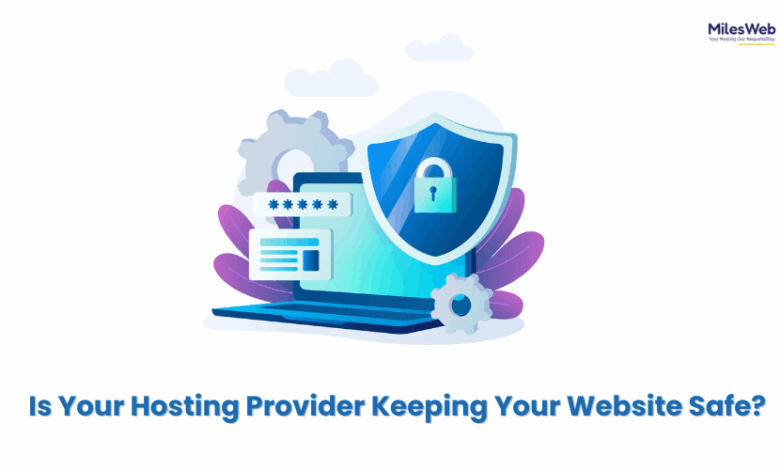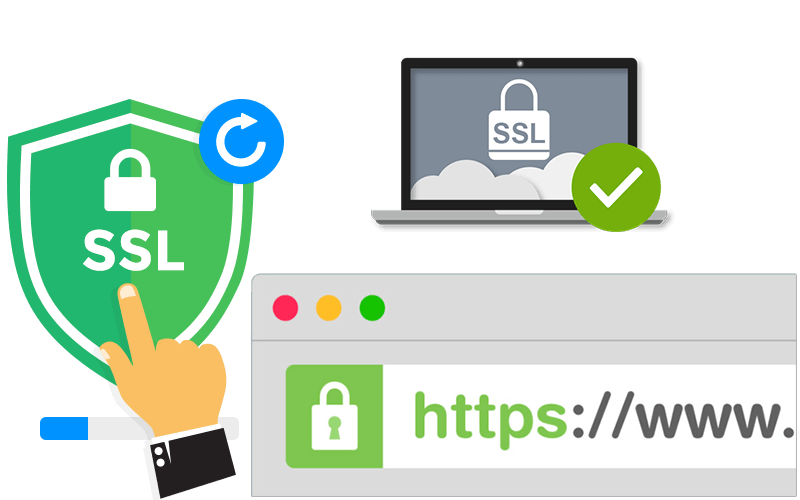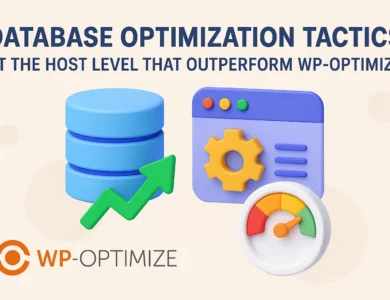
Website security is a significant concern for web admins handling sensitive data. It could be eCommerce websites, online payment gateways, and others. Web hosting providers offer enough security features like regular backups, free SSL, and other features. But is that enough for you? Are all these features configured in your PHP hosting server?
The website security is something that cannot be ignored. Hence, this is the right blog that ensures the ReactJS hosting provider is keeping safe or not. Let’s discuss whether hosting providers are securing your websites or not.
Ways Web Hosting Providers Keep Websites Safe
1. Secure Server Infrastructure
A trustworthy web hosting service provider invests effectively in the server architecture. A includes regular server updates, firewalls, Intrusion Detection Systems (IDS), and protection against DDoS attacks. These systems work together to prevent unauthorized access and mitigate any damage from potential threats before they can affect your website.
With a provider that does not regularly implement updated server-side security, you open the door to becoming a target, whether your site is coded well or not. And even with custom-built code, weak server-side infrastructures have the potential to make attackers aware of server-side vulnerabilities to exploit contingencies.
2. SSL Certificates and HTTPS Support
SSL (Secure Sockets Layer) certificates are a must from a security point of view. Also, it plays a crucial role in search engine rankings. A good web host offers a free SSL certificate, making it easier for you to install one. SSL ensures that all the data transmission between your website and visitors is encrypted and protected from hackers.

If your host does not support HTTPS or if their SSL setup process is more complicated than it needs to be, that is a warning sign. First, modern browsers mark non-HTTPS sites as “Not Secure”; second, your users could lose trust in your site. Your hosting provider should provide you with an inherently safe environment by default, or at the very least, not solely place that responsibility on you.
3. Regular Backups and Disaster Recovery
A responsible hosting service provider automates the backup and data restoration of your website. Daily or weekly backups with the easy restoration feature add value to the content and customer data.
Accidents and data breaches are bound to happen despite having strong website security. If the web hosting provider does not provide consistent backup support, your data is at risk. Hosting companies that care about safety will always include strong disaster recovery protocols and backup transparency.
4. 24/7 Security Monitoring
Cyberattacks can occur anytime during business hours. Thus, a good web hosting provider offers 24/7 customer support to monitor suspicious activities in real time. It includes scanning for malware, unauthorized access attempts, and other threats.

If issues are highlighted as a priority, they can be mitigated if found and acted upon promptly. If your hosting provider doesn’t monitor your website 24/7, it may be like leaving your front door unlocked at night. Find a host that is taking pre-operative measures to secure and monitor your presence online.
5. Secure Access and User Controls
Your web hosting account has strong access management tools like two-factor authentication (2FA), Secure File Transfer Protocol (SFTP), and detailed user permissions. These tools reduce the risk of unauthorized access, even from within your team.
A lack of user access controls is the easiest way for data breaches to happen. A good host gives you control over who can do what in your hosting environment. It’s an essential safety net that prevents human error or internal mishaps from causing security issues.
6. Malware Scanning and Removal
A reliable web hosting service provider detects and removes malware. Tools like SiteLock or Immunify360 constantly check your files for malicious code.

The sooner malware is detected and removed, the less damage it does. If your site is not actively protected against malware, it could get blocked, or it might spread viruses to your visitors. A trusted hosting service provides both detection and support to disinfect the site and restore your site to health in no time.
Conclusion
Your hosting provider is more important than you might think and looks after your website’s security in ways that every website owner may not be aware of. This includes server infrastructure protection, HTTPS availability, automated backups, 24/7 monitoring and complete security response. These are not luxuries but essential services that every web host must provide. If your hosting company is deficient in any of the above areas, it puts your website, customer data, and brand at risk.
This is why a regular evaluation of your hosting provider’s security is incredibly valuable. Security is a shared responsibility, but your host has to establish the basic foundation. If you are seeing gaps in their security features or level of support, it might be time to switch providers to one that puts you first and offers better security.







